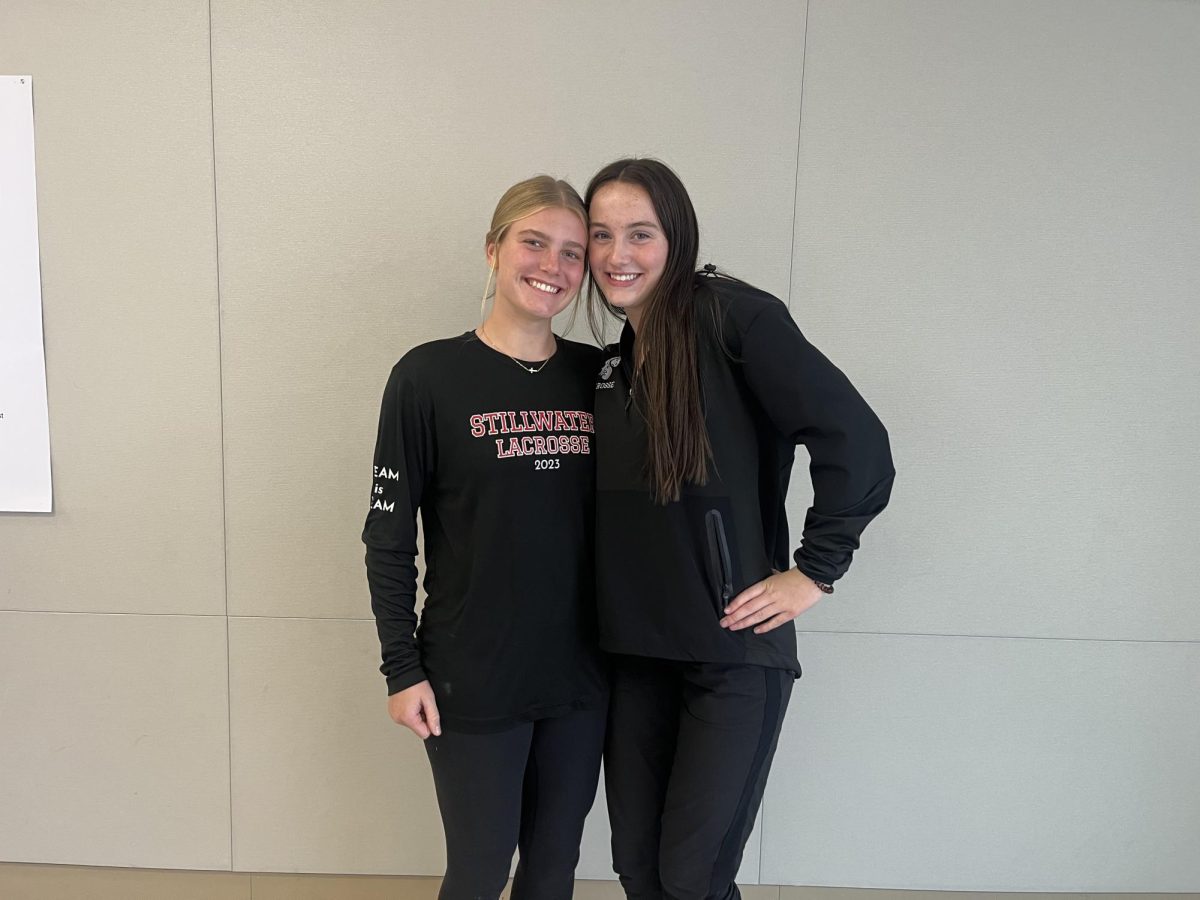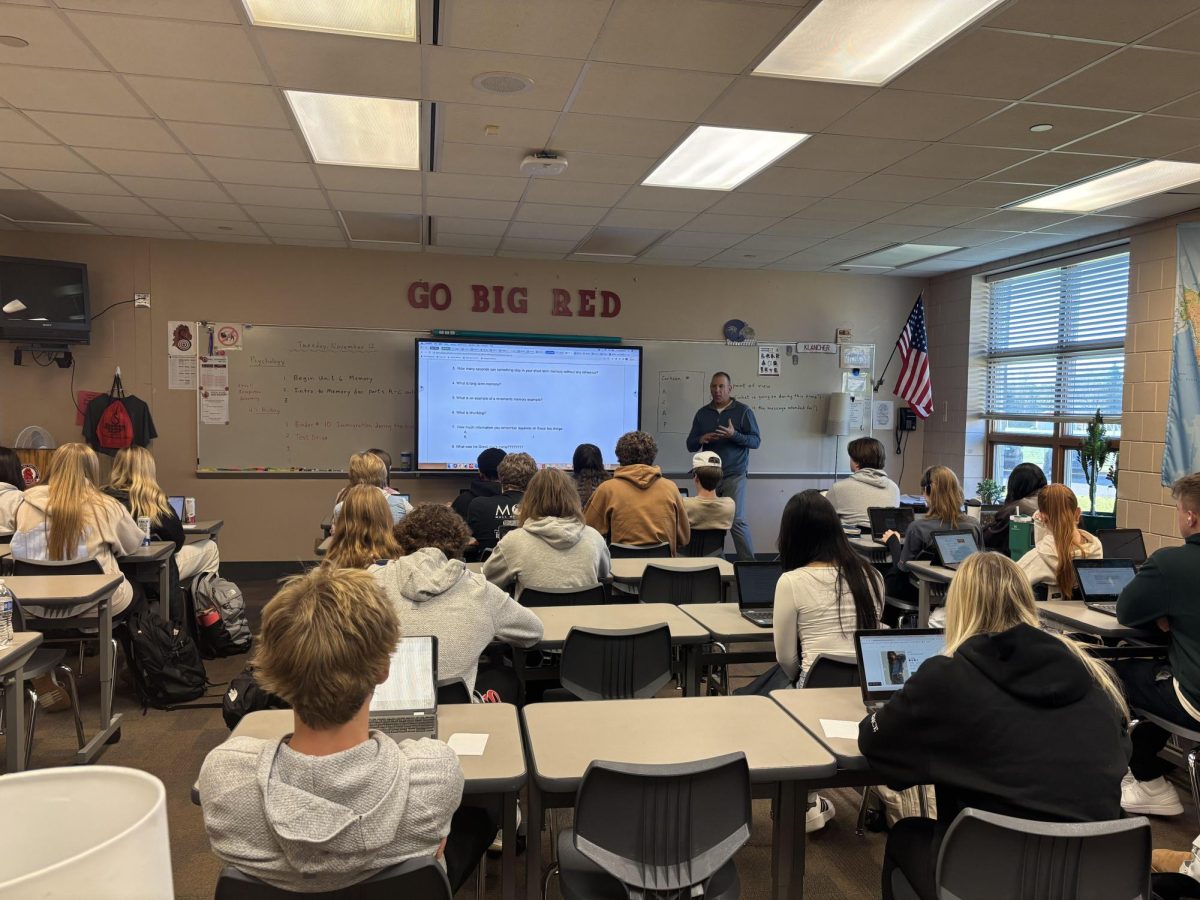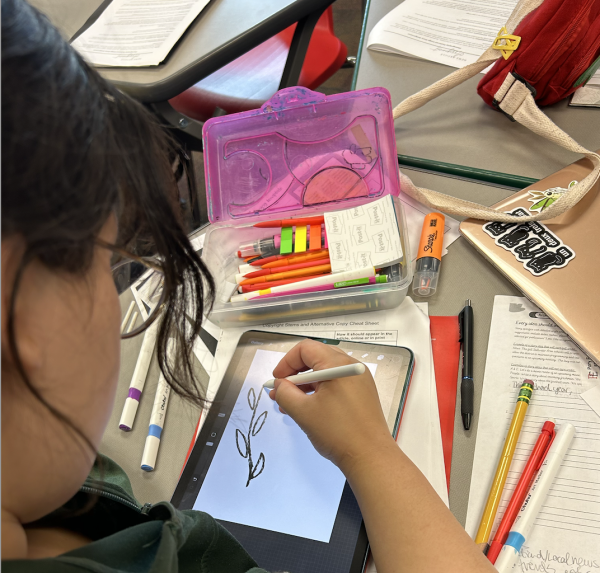Junior Gabriel Strand has never missed a day of school since the beginning of his freshman year of high school. Despite illnesses and late wake-up calls, Strand is persistent in having perfect attendance for all four years of high school.
“It was just a freshman-year goal,” Strand said. “Once I set my mind to it [his goal of perfect attendance], it got a lot more serious,” he added.
Liz Nelson, Counselor for the Black Pony Center, said the typical student has 9-10 absences per year.
“I think that we saw a significant increase [in absences] after the pandemic. And for good reasons. Sometimes people now stay home when they’re sick, instead of coming to school. Other times I think students have the misconception that they can do their homework or whatever, remotely, we don’t have that option,” Nelson said.
Nelson later added that the average number used to be seven, before the 2020 Pandemic.
The Washington Post said at least 10.1 million students were chronically absent during the first full year of the COVID-19 pandemic. This data, collected for the 2020-21 school year, is a substantial increase from the approximately 8 million students chronically absent in the prior years.
According to the School of Education website, approximately 800 school districts reported more than 30 percent of their students missed at least three weeks of school, which both heavily and negatively impacts their academics.
“There’s no doubt about it the students who are absent frequently, have gaps in their knowledge of the curriculum and the subject that you’re studying. It’s really difficult to make up on your own. And studying all by yourself is something that is actually not recommended for high school students,” French teacher Jackie Parr said.
Another reason why students develop a habit of missing school is a lack of connection to their teachers.
The National Center for Education Statistics states, “The primary rationale for high-quality attendance data is the relationship between student attendance and student achievement. Teacher effectiveness is the strongest school-related determinant of student success, but chronic student absence reduces even the best teacher’s ability to provide learning opportunities.”
“I think that students who struggle with attendance are struggling with feeling welcomed in finding their place here in our building. And here in our classrooms. We know that students sometimes don’t feel welcome,” Parr said. “We want students to know that they’re welcome in our rooms and in our and trying to make sure that everybody’s comfortable and kind of finds their place in your room and the student knows that that’s important to you can sometimes help,”
When asked if he had any advice for other students, Strand recommended students, “Try to not miss school. Because you get assignments in class, just try and do them in class, if you can’t do them in class then you got office hours. I always take advantage of office hours. Those are when I do get stuff done.”
“It’s fully set in stone so I won’t abandon it and I won’t regret it,” Strand said.









